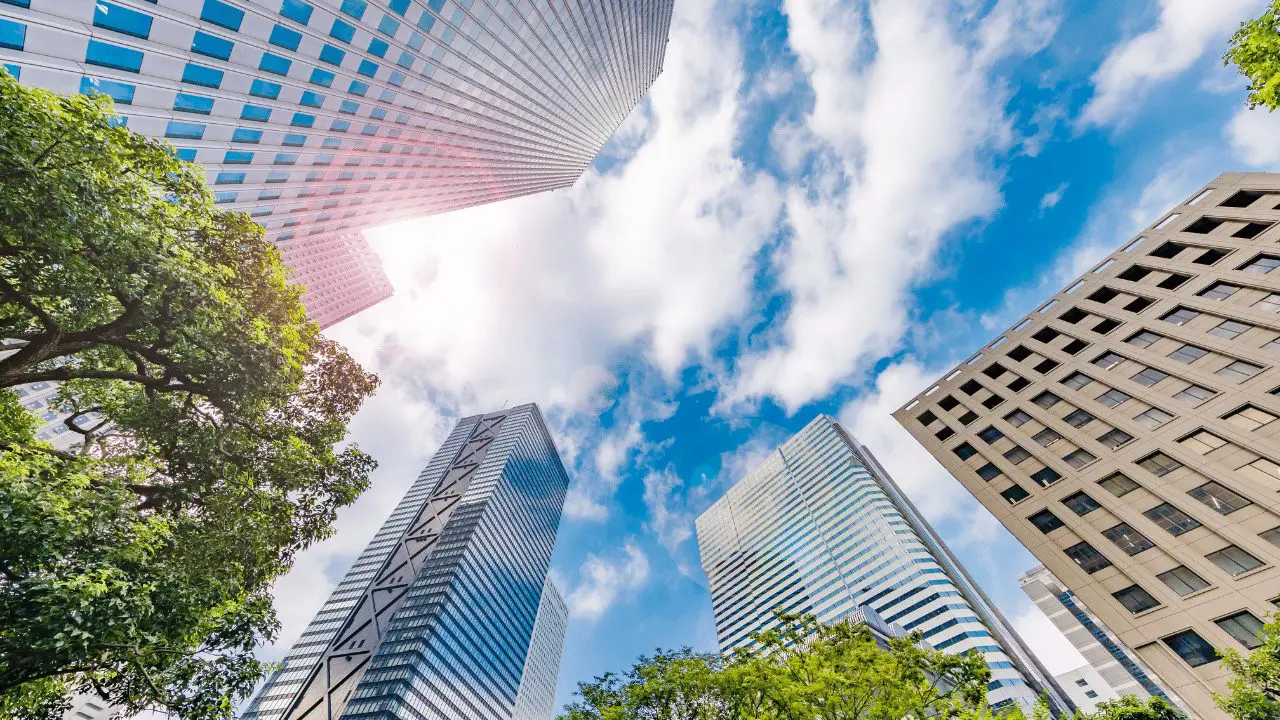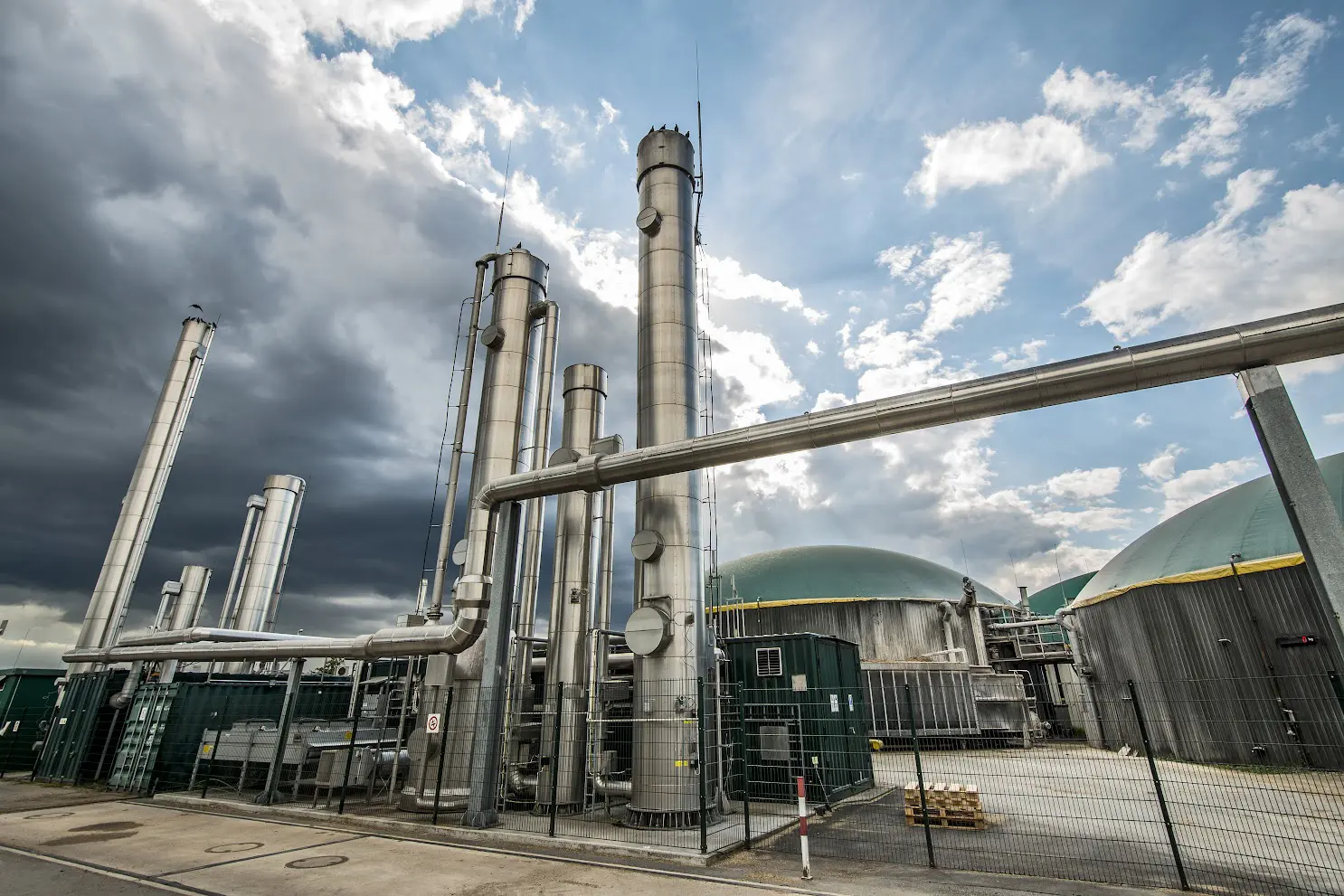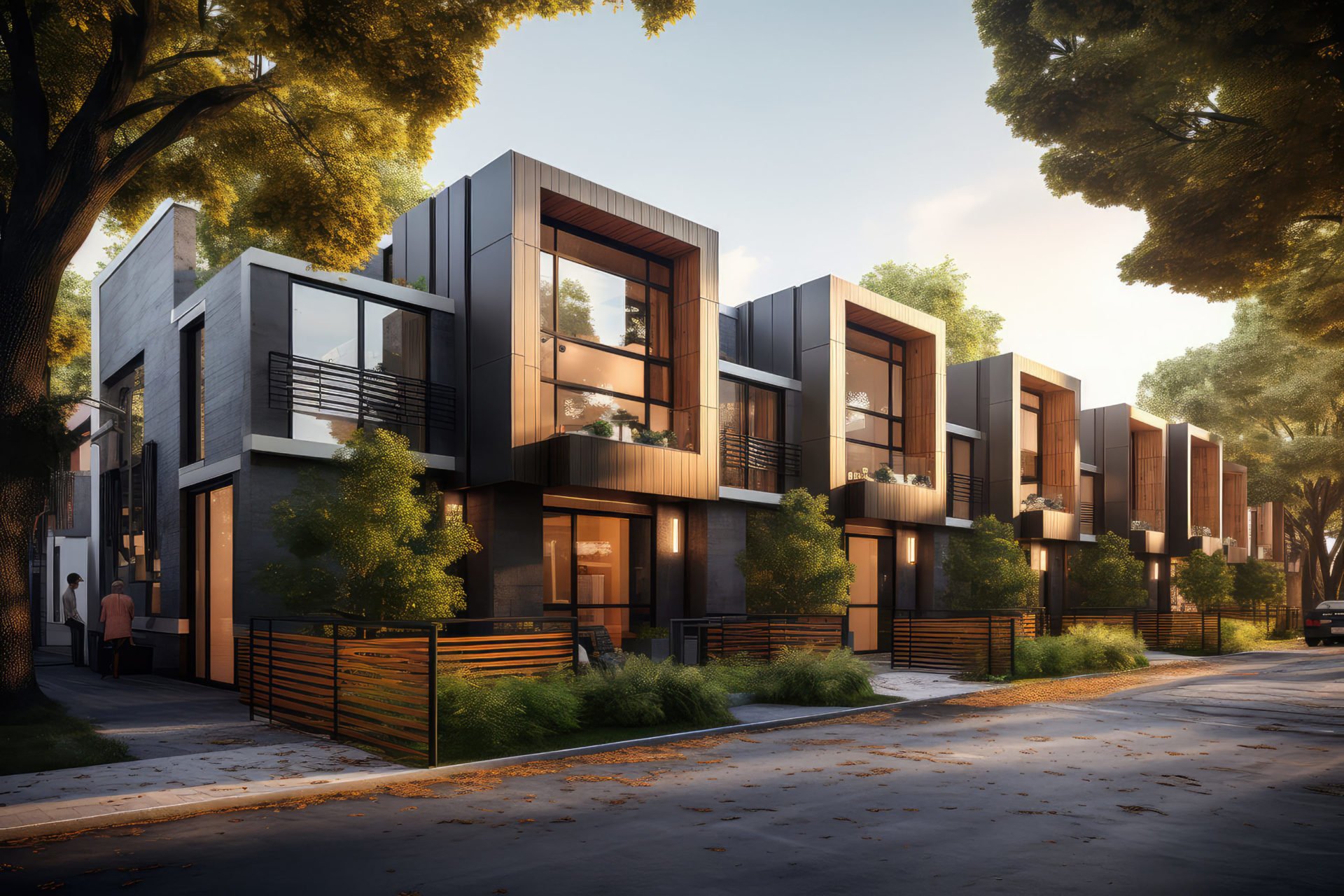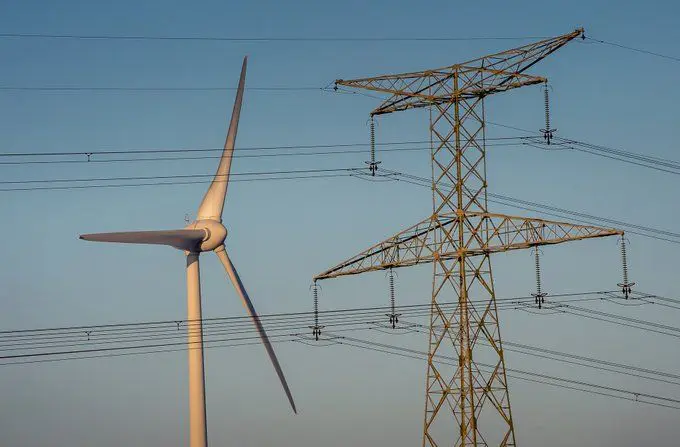Comment diminuer la consommation énergétique d’un bâtiment ? #2

Over the years, the ecological footprint of buildings has grown significantly, making the sector a key player in France's environmental transition. The business and professional sector (47%) remains the main energy-consuming sector in France, which is why the energy efficiency of buildings is fundamental. Let’s take a closer look at the main steps you can take to reduce your company's energy bill.
Why reduce your company’s energy consumption?
Energy consumption is now a core concern in economic, environmental and strategic challenges for companies.
A company’s energy consumption depends on its sector of activity. Regardless of the sector – industrial sites, commercial buildings, or local authorities – reducing energy consumption is a key strategy for enhancing profitability and staying competitive, especially amid rising energy costs.”
In addition to the financial aspect, there’s also the regulatory aspect. When the Tertiary Sector Decree comes into force, the companies targeted will be obliged to reduce their energy consumption by -60% by 2050.Find out more about the Tertiary Sector Decree.
Therefore, it is more than necessary to reduce building consumption.
What’s at stake?
Energy is an essential lever for business competitiveness. Strategic decisions in energy production and consumption impact not only cost reduction but also an organization’s ability to meet environmental standards and societal expectations. Energy optimization is therefore a key opportunity to prepare for the future, whatever the sector of activity: industrial sites, the service industry or local authorities. Reducing energy consumption, as well as water consumption, is a way of cutting costs and improving your carbon footprint by limiting greenhouse gas emissions. In the midst of the energy and environmental transition, controlling your end consumption also means adding value to your real estate assets.
An increasingly stringent regulatory framework
Governments are steadily tightening the regulatory framework. In France, the Energy Transition Act sets ambitious targets: a 40% reduction in greenhouse gas emissions by 2030, with even greater cuts planned by 2050.
The BACS decree and the new European energy efficiency directive also require economic players, from industry to local authorities, to implement systems and measures aimed at reducing energy consumption.
How to reduce your bills without sacrificing comfort
Furthermore, taking action to optimize a building’s energy consumption generally results in greater comfort for its occupants. The right balance between natural and artificial lighting enhances visual comfort. A well-regulated fresh air supply enhances indoor air quality, while efficient heating and cooling management ensures optimal thermal comfort year-round. Energy consumption habits can also play a role in reducing the final bill.

Asking the right questions at the design stage
The energy question must be addressed right from the building design stage. In fact, a number of parameters can help reduce consumption. Specialized energy teams, architects, and design firms like E’nergys bring their expertise Building Environmental Quality (BEQ) to ensure projects achieve lasting efficiency and sustainability.
“The building’s future performance will be shaped by a variety of factors: its location (orientation, projected shadows, prevailing winds, etc.), the selection of materials (bio-sourced options, carbon footprint, grey energy, thermal inertia, and comfort), and, of course, the quality of its insulation and the technical solutions implemented to minimize energy consumption.” A holistic approach to the issue is essential, and nothing should be left to chance. Daylighting, for instance, can be improved by choosing the right colors and by the layout and size of openings.
In these high-performance, increasingly airtight buildings, the challenge lies in designing an energy-efficient ventilation system that minimizes energy loss while fully meeting air renewal requirements. Finally, the heating and, where relevant, the cooling system, must be carefully chosen to best meet the needs of the occupants while controlling the building’s energy consumption.

Renovating the building
For existing buildings, reducing energy consumption involves optimizing current systems, performing energy-efficiency upgrades, and maximizing the use of available technical equipment.
Before carrying out any work, it’s a good idea to conduct an energy audit, or even an overall audit of the building. These audits will allow us to tailor the chosen solutions to the specific challenges and needs, while prioritizing and planning actions from both a technical and financial perspective.
In the first instance, simple, effective actions or small jobs can be undertaken. For example, this could include installing automatic controls such as motion or presence sensors, replacing dark walls and ceilings with light-colored covering, adding external solar protection to heat-exposed building facades, and adjusting equipment schedules and settings, among other measures.
For more extensive work, energy renovation grants are available. Various types of renovation will help reduce energy consumption while improving the building’s intrinsic value. Transitioning to renewable energy sources will further improve both energy efficiency and environmental performance.
Insulation
Good thermal insulation is the key to effective, sustainable energy savings. Leveraging insulation work to enhance the building’s aesthetics and comfort, while preserving its heritage and ensuring its relevance for decades to come, is often a smart approach to undertaking what can be a challenging and costly project.
Heating
Heating and cooling are naturally energy-consuming components of the workplace, but they are also an essential factor in the well-being of a building’s users. While they’re generally the biggest energy expense, it is nevertheless often possible to save up to 25% on your heating bill.
Installing high-performance equipment, such as a condensing gas boiler, a premium heat pump, or a biomass boiler, will reduce heating consumption and the building’s environmental impact, enhancing its overall energy efficiency. Additionally, building control systems allow for better management of energy consumption, reducing bills by adjusting and delivering temperatures precisely when needed, based on the specific use of each room.
Making better use of the building to reduce consumption
Sans projet de rénovation énergétique, il est malgré tout possible de diminuer la performance énergétique du bâtiment, en agissant sur le comportement des usagers et sur l’utilisation et le choix des équipements spécifiques.
Even without an energy renovation project, a building’s energy performance can still be improved by influencing user behavior and selecting the right equipment.
For instance, you can:
- Opt for low-energy lighting solutions, such as LED bulbs with motion sensors in common areas and brightness detection to adjust lighting levels as needed
- make the most of natural light by managing blinds properly
- select energy-efficient appliances through appropriate, performance-oriented purchasing rules
- use heating and air-conditioning in a reasonable way, combining automatic controls with good individual management of control equipment
- reorganize workstations to prevent over-consumption: opt for laptops instead of desktop computers, adjust computer standby settings, and utilize shared printers to optimize energy use.
- install devices to monitor consumption and report deviations
- enhance awareness of energy issues across the team and encourage active participation in related initiatives, such as training, reminders, and specialized events.
There are many ways to reduce a building’s energy consumption, and they don’t necessarily require substantial financial investment. Additionally, various grants and subsidies, such as Energy Savings Certificates (ESCs), can help offset the cost of thermal renovations for existing buildings.
Simple gestures that make a big difference
By 2025, energy sobriety will be an unavoidable trend.
Companies can take concrete steps to optimize their consumption by:
- Improving the efficiency of industrial equipment.
- Monitoring consumption in real-time using energy management tools.
- Analyzing consumption
- Raising awareness and training employees in energy saving best practices.
Adopting responsible behaviors and practices can have a significant impact on reducing consumption.




